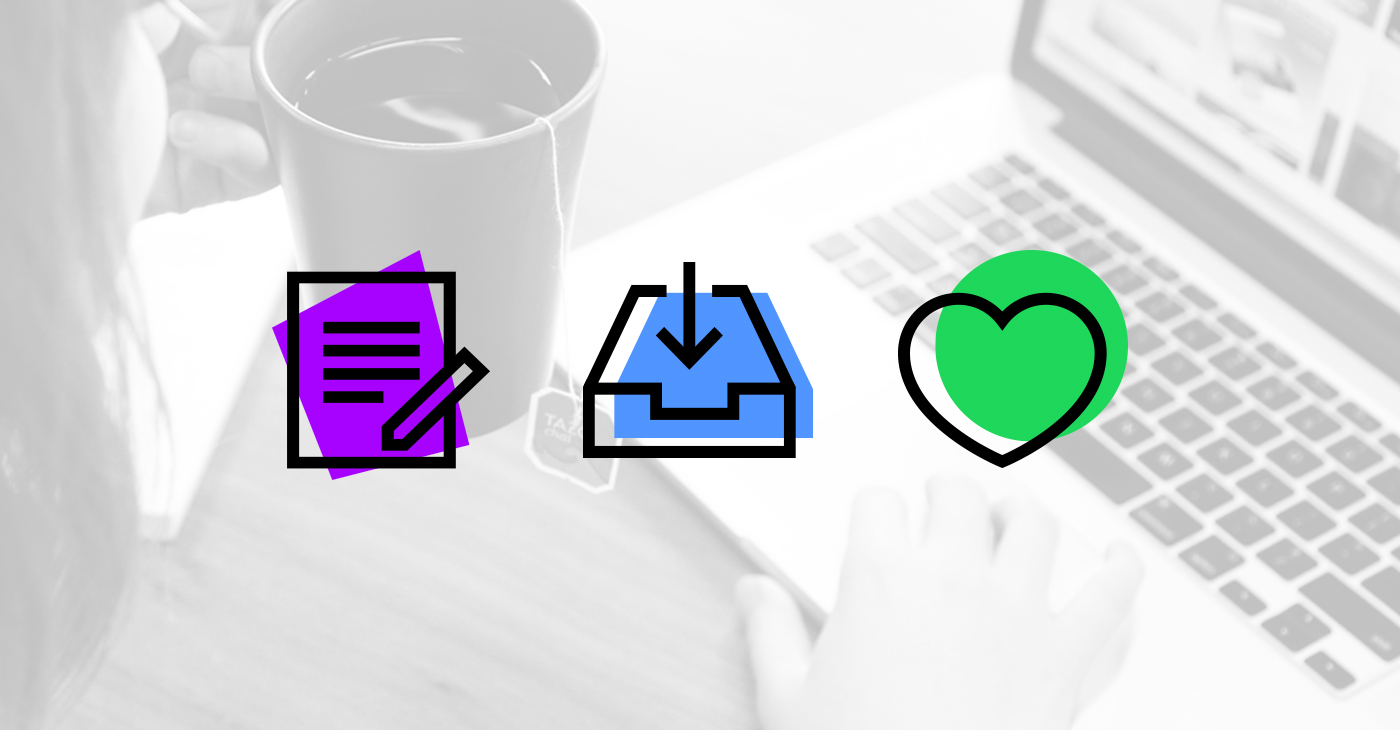
The Fight against Piracy…and Everything Else
You don’t have to be a member of the House or Senate to know that piracy has become a huge problem in the digital age. These days, it is incredibly easy to obtain anything from music and movies to eBooks and full software programs by simply downloading it online. Unfortunately, this convenient process is one that often infringes on the copyrights of the actual content creators and owners. The internet makes it extremely difficult to track down and prosecute the parties doing all the infringing, and this is the very reason lawmakers in Washington have decided to step in.
The House of Representatives introduced the Protect IP Act as a legislation that would protect the creativity, innovation and ownership of intellectual property in the U.S. In simple terms, it aims to stop piracy and copyright infringement in their tracks by giving more power to the parties who own the rights. The bill looks to have good, genuine intentions on the surface, but it’s the substance that has members of the internet community questioning if the government has finally taken the role of Big Brother too far.
According to the lawmakers behind the proposal, the Protect IP Act will help weed out all the entities that enable piracy from monetary transaction to download. However, the vague language of the act and its seemingly broad application could have an impact that goes beyond the supposed intentions. The proposed law would potentially give the content owner the ability to block a website’s search engine rankings, advertising campaigns and online transactions, essentially shutting them down by accusing them of infringement. Accused parties would have to file a “counter notification” to have their services restored and then lawyer up for what would presumably be a costly legal battle.
Under the Protect IP Act, parties such as search engines, advertising firms and payment processors would be required to cut off all ties with the website accused of infringing on the rights of the content owner. This means that any site owner alleged to have committed such a crime could end up blacklisted by companies they have been doing business with for years. There is a lot of confusion regarding exactly who could be affected by the bill, but according to the collective understanding of many pundits, everyone from the everyday Facebook user to Facebook itself could be vulnerable to its implications.
Streamers under Fire
The Protect IP Act is not the only proposed federal legislation stirring up controversy in the internet community. Back in May, members of the Senate introduced Bill S.978, aka the Commercial Felony Streaming Act. This particular bill is an amendment to an existing law that, if passed, would make streaming copyrighted content without authorization a felony, a crime that is currently a misdemeanor. The concern over this proposed law is that it could affect users who stream or post videos of music, TV shows, video games and other copyrighted material on sites like YouTube. Of course the bill does not address this aspect directly, and thus confusion and controversy have been the result.
Nothing is final, but it is believed that some version of both of these bills will end up passing. Only time will tell if the concerns of the internet community were warranted or overblown.









